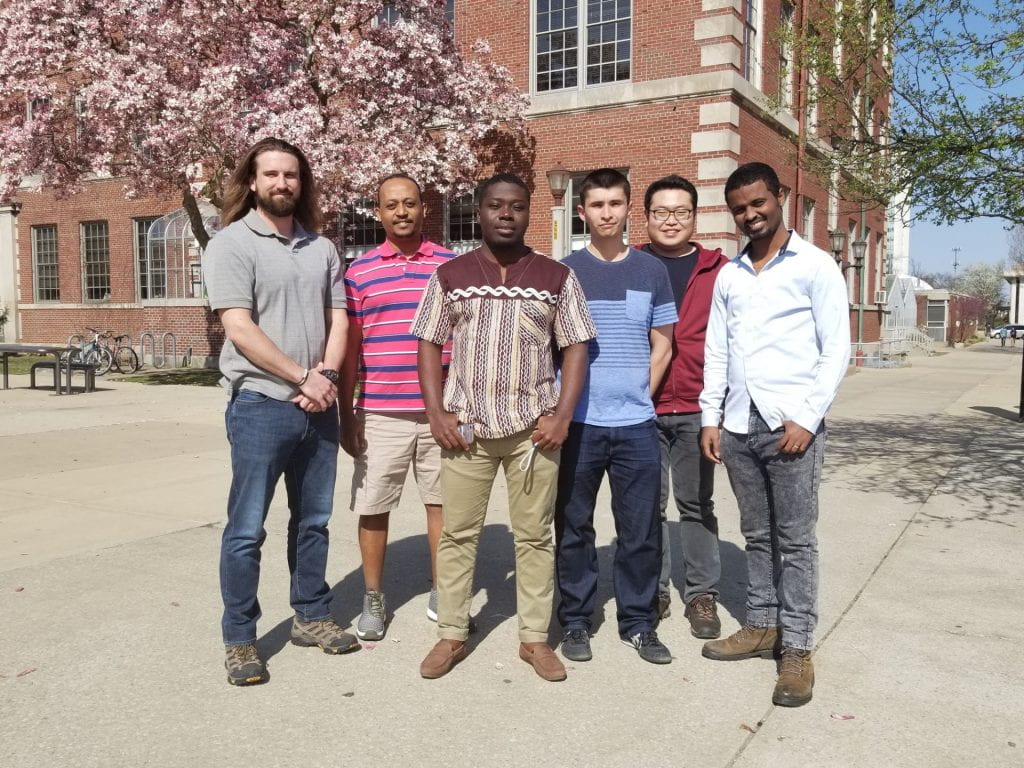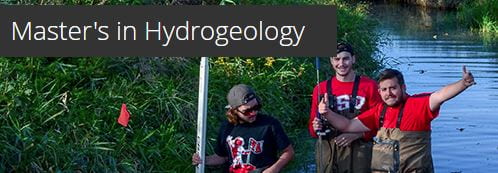
Water and REmote Sensing (WRES) Lab

WRES crew 2017-18, from left to right: Joe, Wondy, Prince, Luis, Jae, and Teddy.
What we do?
Our research group investigates the complex interactions between the water cycle, climate, and human activities on a global scale. We employ a multidisciplinary approach, combining field observations, modeling, and remote sensing techniques to characterize and quantify key processes within the water cycle.
Our research aims to contribute to sustainable water management strategies in the face of growing water scarcity and threats posed by climate change and human activities. Specific areas of interest include:
- Quantifying and exploring the effects of climate change and human activities on water resources such as groundwater, lakes, and wetlands
- Assessing the sustainability of at-risk aquifer systems
- Evaluating the impact of droughts and climate variability on water availability
- Integrating remote sensing techniques for hydrology in ungauged basins
- Investigating the use of remote sensing techniques to monitor and assess water quality parameters, such as nutrient levels, turbidity, and algal blooms in surface waters
- Modeling the effects of agricultural management practices on water pollution, including the fate and transport of contaminants.
Are you interested in joining our research lab? We welcome motivated students at all levels, including undergraduates, graduate (M.S.) students, visiting scholars, and postdoctoral researchers. Please don’t hesitate to contact Dr. Wondwosen Seyoum to discuss your interest.

